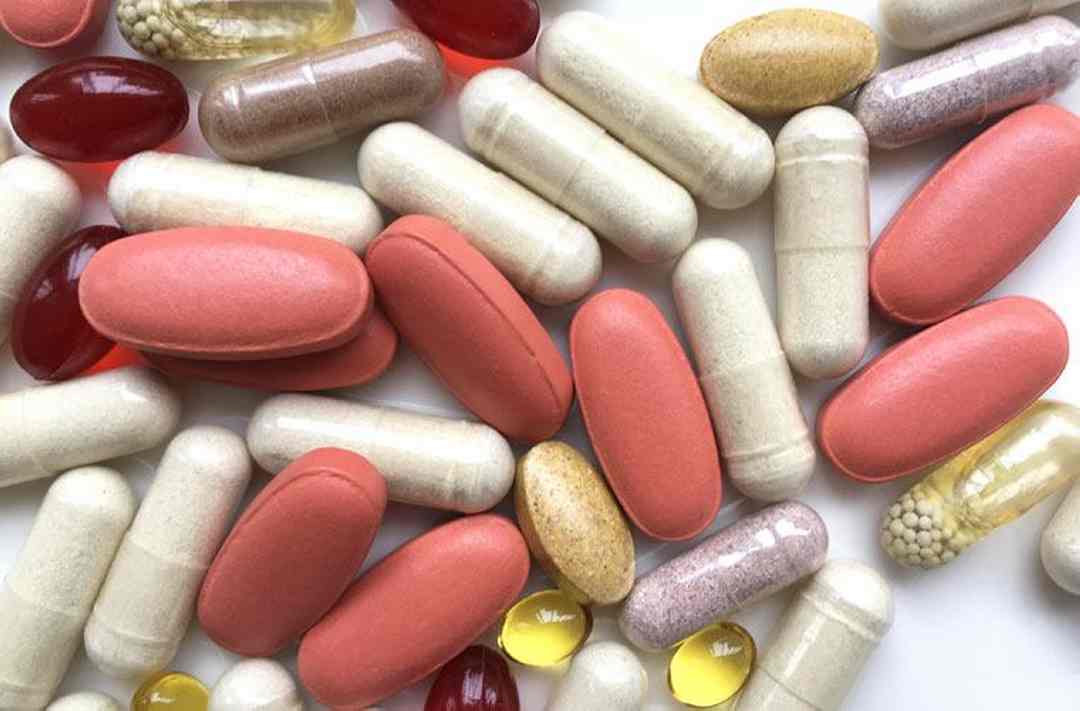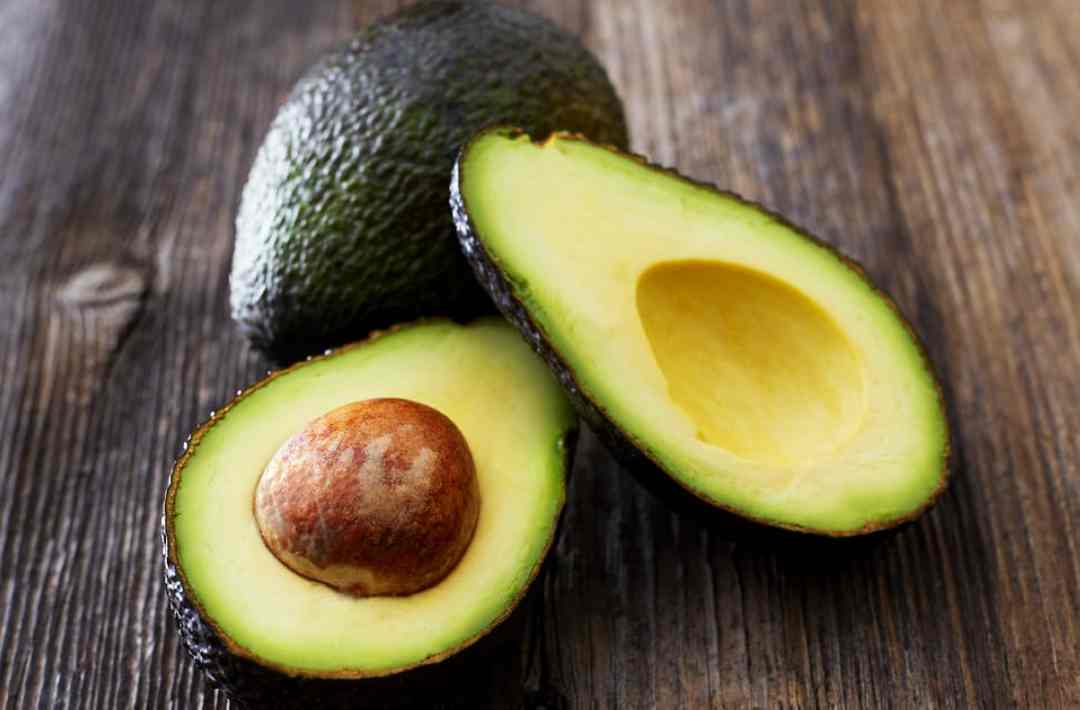

E. coli outbreaks are fairly common — the Centers for Disease Control and Prevention (CDC) has reported between three and five outbreaks per year in the US since 2018 — but this bacteria, and the illness they cause, aren’t something to take lightly.
The current E. coli outbreak, which the CDC describes as “fast-moving,” has already caused 37 confirmed cases of illness and 10 hospitalizations in Ohio, Michigan, Indiana, and Pennsylvania as of Aug. 23. The outbreak hasn’t been officially linked to a specific source, but according to the CDC, many of the sick people “reported eating sandwiches with romaine lettuce at Wendy’s restaurants in Michigan, Ohio and Pennsylvania before getting sick.” In a precautionary move, all Wendy’s restaurants in that region have removed the romaine lettuce used in sandwiches. (A different type of romaine lettuce is used in salads.)
Not all strains of E. coli can cause illness, but the ones that do can be pretty unpleasant. E. coli can lead to an array of symptoms, from diarrhea to urinary tract infections (UTIs), and is typically spread through contaminated food or drink. So what signs should you look out for, and how can you protect yourself from getting sick with E. coli, especially during a known outbreak? Keep reading for a quick guide on how to keep yourself safe from this bacterial infection.
What Is E. Coli?
E. coli stands for Escherichia coli, a type of bacteria “found in the environment, foods, and intestines of people and animals,” according to the CDC. Many types of E. coli are harmless and even beneficial, living in your gut and aiding in digestion while protecting your body from other microbes. Not all strains are so helpful, however. “There are different strains of E. coli, some of which are pathogenic, meaning it causes disease/illness,” says Laleh Gharahbaghian, MD, a clinical professor of emergency medicine at Stanford Health Care. Those pathogenic strains can lead to very severe illness, Dr. Gharahbaghian tells POPSUGAR, and may even cause death if they get into the bloodstream and go untreated.
E. Coli Causes and Symptoms
You can become infected by pathogenic E. coli by consuming contaminated food or water. “It spreads via the oral-fecal route,” Dr. Gharahbaghian says. That means an E. coli infection can happen when disease-causing strains of E. coli make it from the gut onto surfaces or hands and then into someone’s mucus membranes (like their nose and mouth) or from the gut to the urinary tract.
In many cases of food contamination, E. coli bacteria come into contact with the food (for example, beef or raw vegetables) through farming practices or processing, according to the Mayo Clinic. Fruits and vegetables, in particular, can be contaminated when they’re grown near animal farms, says Nicholaos Bellos, MD, the national medical director, extended care services, at Quest Diagnostics. “Contaminated fecal matter combines with rainwater, and the runoff enters produce fields,” he explains. “This is why it’s important to always wash fruits and vegetables before consuming, even if you’re going to cook them.” (More on that later.) E. coli can also be transmitted person to person, he says, “usually through hand-to-mouth contact, not kissing, coughing, or normal interactions.”
Symptoms of an E. coli infection vary, because different strains cause different symptoms, Dr. Gharahbaghian adds. Symptoms of the most common strains may include:
- Severe stomach cramps
- Diarrhea (may be bloody)
- Vomiting
- Fever (typically less than 101 degrees Fahrenheit)
- UTIs, if the E. coli travels from the gut to the urinary tract
- Meningitis, in rare cases, if the E. coli spreads to the fluid surrounding the brain
E. coli that makes its way into your bloodstream may also cause sepsis and septic shock, “a life-threatening condition that requires immediate antibiotic management,” Dr. Gharahbaghian says. Another rare outcome is a severe GI infection, which can sometimes be fatal, Dr. Bellos says. Another rare complication of E. coli is hemolytic uremic syndrome, a life-threatening form of kidney failure that typically begins with several days of often-bloody diarrhea, according to the Mayo Clinic.
If you start experiencing symptoms of an E. coli infection, the CDC recommends writing down what you ate and what you did in the week before you got sick and reporting your illness to your local or state health department. This helps public health officials identify and track food-borne outbreaks to prevent other people from getting sick. E. coli is also considered highly infectious, Dr. Bellos says, so anyone with an E. coli infection should avoid contact with others until two to three days after their symptoms subside.
















